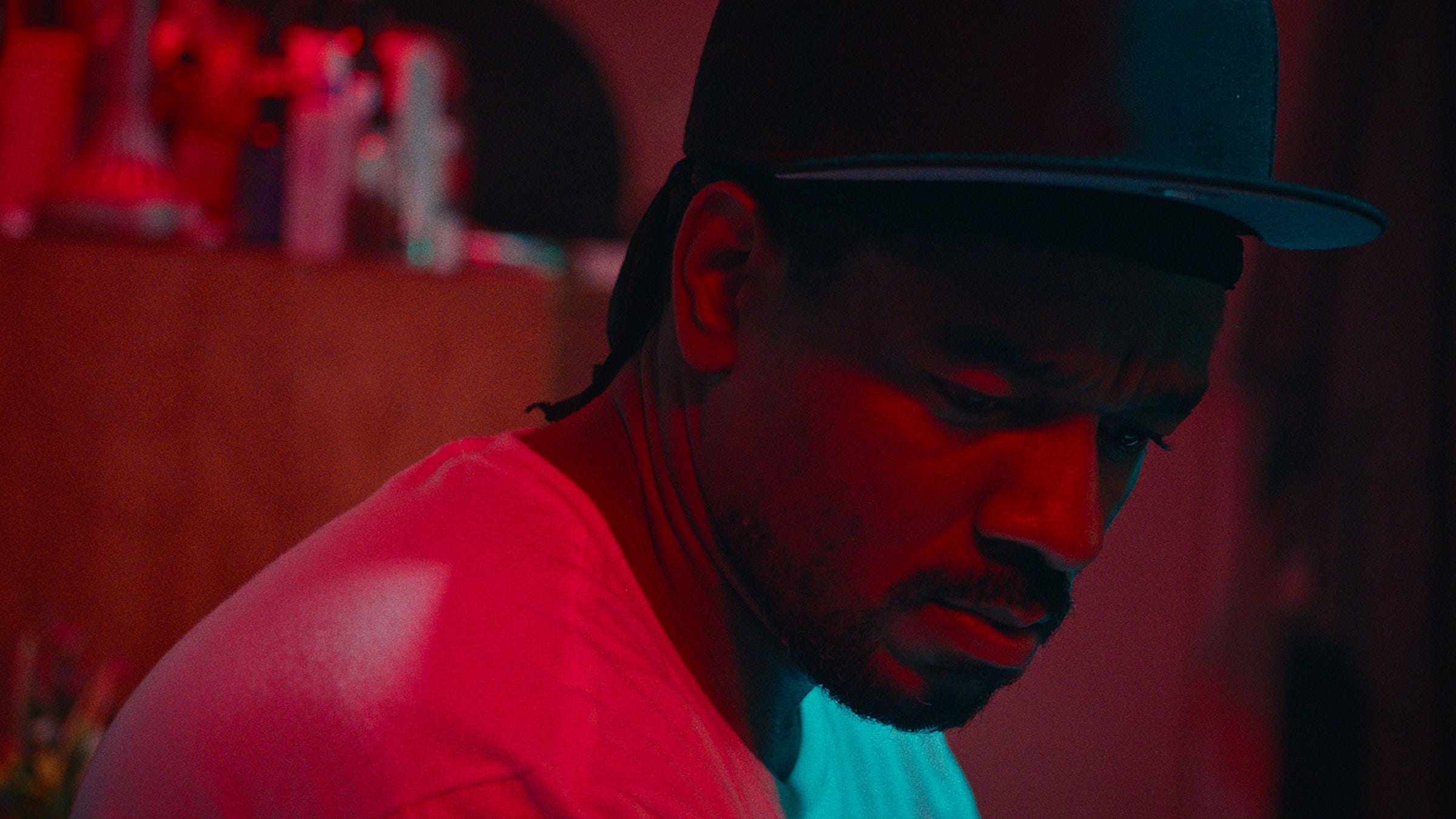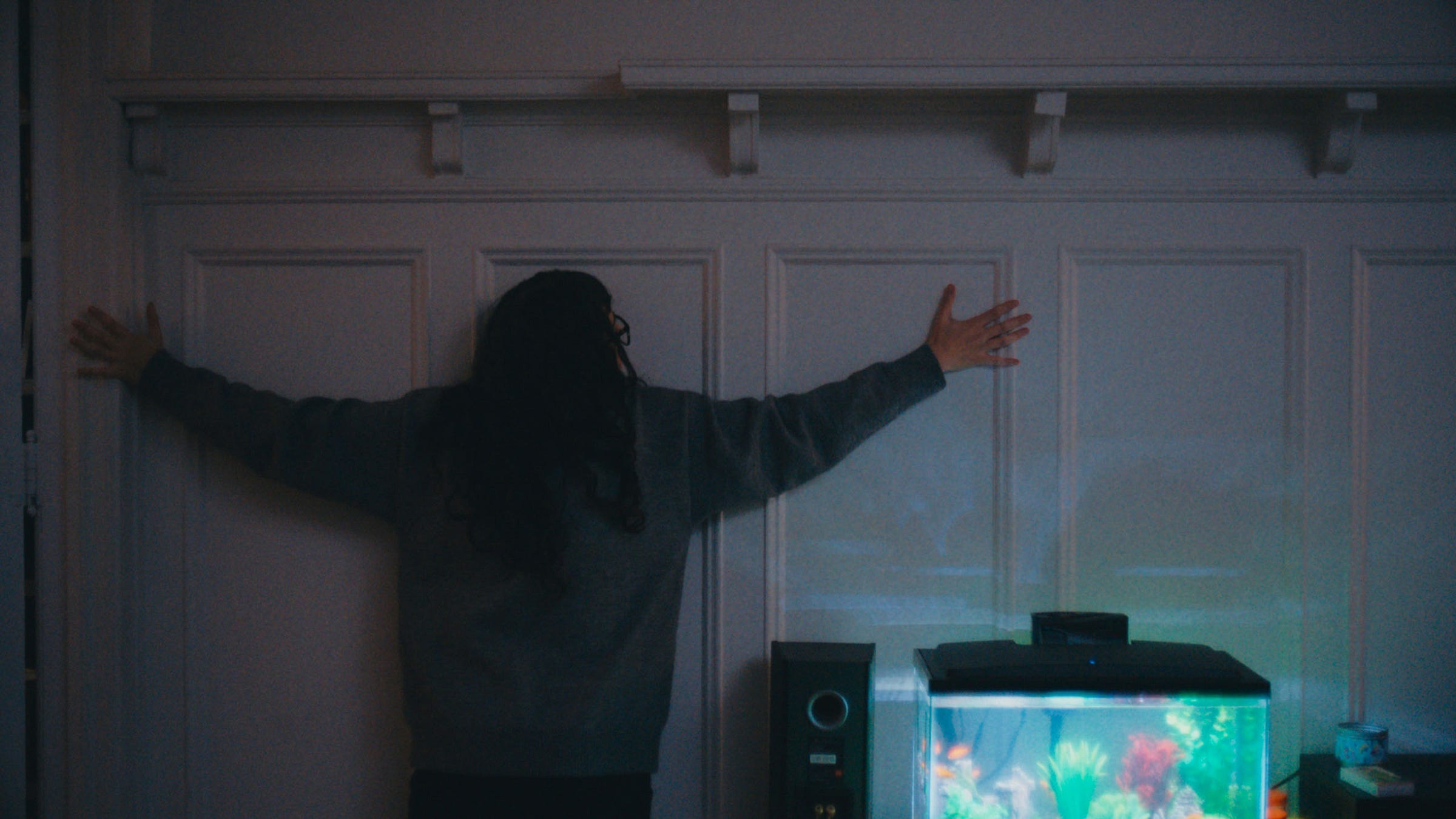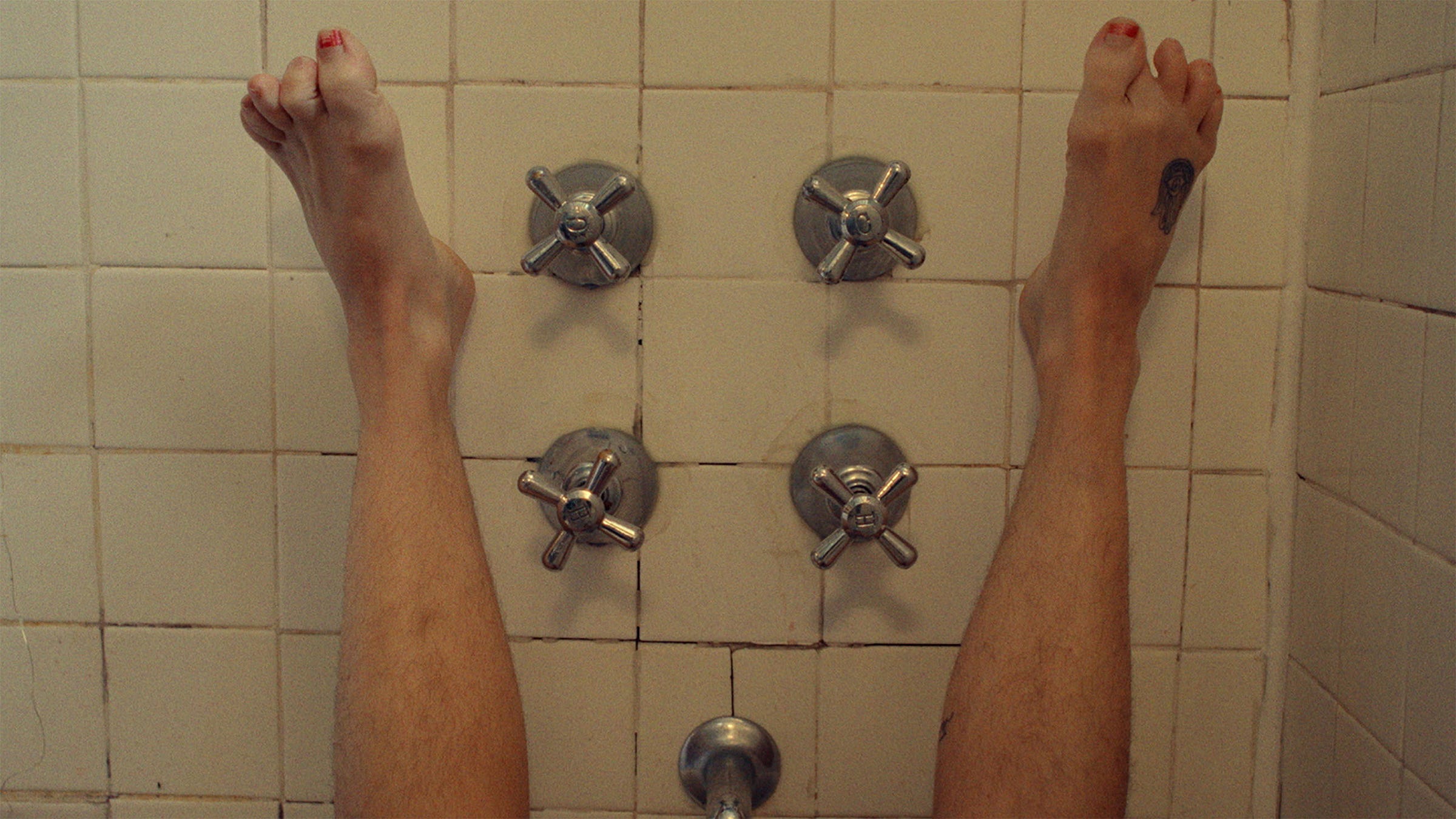And we’re back at it again! This time, we’re bringing you our picks for the standout shorts from the 2023 Sundance festival. Our first dispatch of the year was a mere two days ago. But we’ve been chugging along and inhaling even more movies (please don’t ask us the count; it’s a lot) — all so we can bring you the best of and brightest of an already vibrant group.
In this issue you’ll find capsule reviews of 8 short films we found compelling, engaging and worthy of note. Seek them out when you can, support them, and of course, tell us what you think!
What Cate’s been watching
We Were Meant To
written and directed by: Tari Wariebi
We Were Meant To imagines a world in which Black men receive wings as they become men. Exclusive to this subset of the population, Tari Wariebi’s short uses the otherworldly existence of flight as a metaphor for the many ways Black men are surveilled and criminalized. At first, it seems that getting wings and learning to fly is akin to getting a driver’s license. It lends itself to ideas of reaching towards adulthood and the freedoms that come with maturity. But as with licenses, it opens up the men and boys of this world to unfounded interactions with the state — in this case, monitored drones that police “no-fly zones” for offenders, stripping them of their wings if they step one feather out of line.
Teenaged Akil’s quest in the film — to have his first flight after growing into his wings — is hampered by the increasing creep of no-fly zones. The white mayor proclaims his dedication to deterring crime, as flights become restricted in any and all public areas. But Akil is, after all, just a boy. His primary concern is impressing Jasmine, the girl he likes. The flip side is the knowledge that his own father was stripped of his wings for a “crime” as yet undetermined. As he tells his son, “they don’t need a reason” to deny black men their freedom. Their existence is a threat in itself. The goal then becomes to tighten the circle in which they are freely allowed to exist. And Akil’s task is to tie himself in knots to ensure he doesn’t run afoul of the restrictive world the white dominant class has created. Here, a black man’s lack of wings becomes a visible signifier of presumed criminality.
It is a strange but effective metaphor for police violence. Racism without racists — the violence here is enacted through detached technological means. Its sci-fi premise is reminiscent of the melancholy See You Yesterday. But as Akil’s father tells him, regardless of his wings, no one can bind his spirit. He may be grounded by law, but his mind is free. When Akil is preemptively stripped of his wings by a drone before his first flight, the pain and humiliation are evident. But the short’s stunning ending reinforces its themes. Black people are meant for more than what is afforded to us in this life. It will be interesting to see these ideas expounded upon when this film is inevitably expanded into a feature.
Parker
directed by: Sharon Liese
Directed by Sharon Leise, Parker is a documentary short about a black family's quest to carry on their name. With surprising depth, the short tackles the importance of names within the diasporic community, with ties that lead all the way back to slavery.
In the film, a son makes a decision few Black people have ever been afforded — he chooses his own name. Specifically, he adopts his biological father’s surname, “Parker” alongside his wife and their two children. A brief family history explains why it wasn’t his to begin with, but the film focuses more on the significance of the change: names for Black people are about connection and discovery. They exist not just to identify your kin, but to make it possible to find them across unknown distances despite the family separations perpetuated by the slave trade. Names tie you to your people.
Through brief interviews with the family, and specifically the children, we see how deeply held family bonds can be. The initial instinct is to reject the supposition that a child must have his father’s name — feminist equality and all that. But it quickly becomes clear that this is another arena in which gendered principles are complicated when considered alongside racial ones. Many (if not most) Black families in the diasporic community carry the surnames of the white families who owned their ancestors. This name change symbolizes a reclamation of that painful history and turns what was originally a sign of subjugation, into an emblem of freedom. Parker was a deeply moving and wonderful surprise.
Ricky
written and directed by: Rashad Frett
It’s not exactly news that mass incarceration has disproportionately affected Black American communities. With roots in the slave trade, and then later Jm Crow laws, the US has been funneling Black people into cages for a very long time. What’s less visible is the toll incarceration takes on the families left behind, and the administrative and logistical cages of the surveillance state that spring up to constrain the newly “free” lives of ex-convicts.
In Ricky, our protagonist is freshly paroled and figuring out how to navigate life on the outside. He’s back at home with him mom and his kid brother, and he’s looking for work. A favour from a family friend brings him a paycheck. But his inability to drive leaves him at the mercy of his flaky younger brother to get there. Employment is a condition of his freedom, so Ricky is desparate to to show up on time.
It’s a frighteningly simple scenario — get up, go to work, be on time. But the unnatural pressures and contours of his situation lead Ricky to make choices that compound his culpability. His decisions seem openly reckless and ill-advised. But that’s where the film shines. It illuminates the way the threat of incarceration — and the experience of previous incarceration — warps the usual calculus of rote every day conclusions. A late day at work is an inconvenience at best for most of us. For him, it might be the thing that determines whether he spends his next night in a cage. Ricky’s desperation and panic at the decisive moment are visceral and immediate. And the consequences of his actions hit home in a way he never could have prepared for. But in Ricky, we see that rational choices cease to be rational when the list of possible outcomes is so disproportionately out of step. What could and should be human exchanges, are immediately bumped up to concerns of the state. It does something to a person’s psyche to be so routinely in fear for your freedom.
Ricky is an exquisitely acted and directed film that focuses its gaze on the lesser explored aspects of incarceration to stunning effect. Getting in and getting out are matter of bureaucracy. But staying out? It’s a battle of the mind.
What Zosha’s been watching
Help Me Understand
written and directed by: Aemilia Scott
Connection can come from the most unlikely of places, whether that’s the liminal space of a club bathroom or the harsh glare of a corporate focus group. That’s the premise of Help Me Understand, as a group of women attempt the world’s strangest detergent comparison, run by a man (Ken Mariano) who wants total unity. Picking between scent A and B, the women are met with a single holdout who refuses to switch her answer from B to A.
Though the logline is “six women come to a consensus,” Help Me Understand manages to go deeper than that, reminding us the way we walk into every room with our own baggage, influencing every interaction we have no matter how much A/B testing wants to dilute it. It makes good comedy out of the absurdity of the situation — the scent profiles are “sunshine, flowers, laughter” and “bubbles, memories, evanescence” — but it also finds the pathos coloring everything we do, farcical or no.
Troy
directed by: Mike Donahue | written by: Jen Silverman
There’s a strange sort of surveillance that happens in an apartment building. It’s not (or, at least, not often) like the Rear Window type of literal surveillance. More often it looks like Troy: Your neighbor is having really loud sex all the time, and while you have no insight into his life, you do get a sense of the comings and goings. Thea (Adina Verson) and Charlie (Michael Braun) quickly latch onto their neighbor’s proclivities — eventually a little too much.
What ensues is the sort of believably over the line, nosy neighbor nonsense one would see from a short. It’s charming, even if it’s also creepy. It’s that balance that Troy never quite loses, finding the humor, consternation, and care that comes with dwelling in such close quarters around people who you barely know yet somehow also know intimately. Its runtime keeps Troy from ever tipping too far in any one direction, which is probably for the best. There’s only so much we’re supposed to know about what goes on behind closed doors, and Troy lets us learn just enough to leave satisfied.
In the Flesh
written and directed by: Daphne Gardner
No thine eyes do not deceive you; that is a still of a woman masturbating in the tub. Tracey (Edy Modica) is just trying to jerk off like normal, but she is suddenly hit with a deluge of scum — both metaphorically, as some memories creep to the surface, and literally, when her faucet explodes with dirty water. When she starts leaking some black goo herself, she comes to realize there’s more to repair than just a few pipes.
In the Flesh is a platonic ideal of a short — long enough that you get a whole story, short enough that nothing really has to falter. We know exactly as much about Tracey’s situation as we need to, and that lets the story slowly turn up the heat on the horror aspects of it all. True to its title, In the Flesh is all about the gnarly, squelching, and gooey viscera of life. It (clearly) isn’t afraid to be lewd, and honestly power to it. In the end it accomplishes exactly what it needs to do, plunging deep into Tracey’s life and finding the release she needed.
Assorted Internet Detritus
If you’re just finding this newsletter, do us a favour and subscribe. It feeds our fragile egos. And if you’re already a loyal reader, help us out and tell a friend. Happy movie yelling!
Zosha + Cate <3
twitter:@30FlirtyFilm
instagram:@30FlirtyFilm











